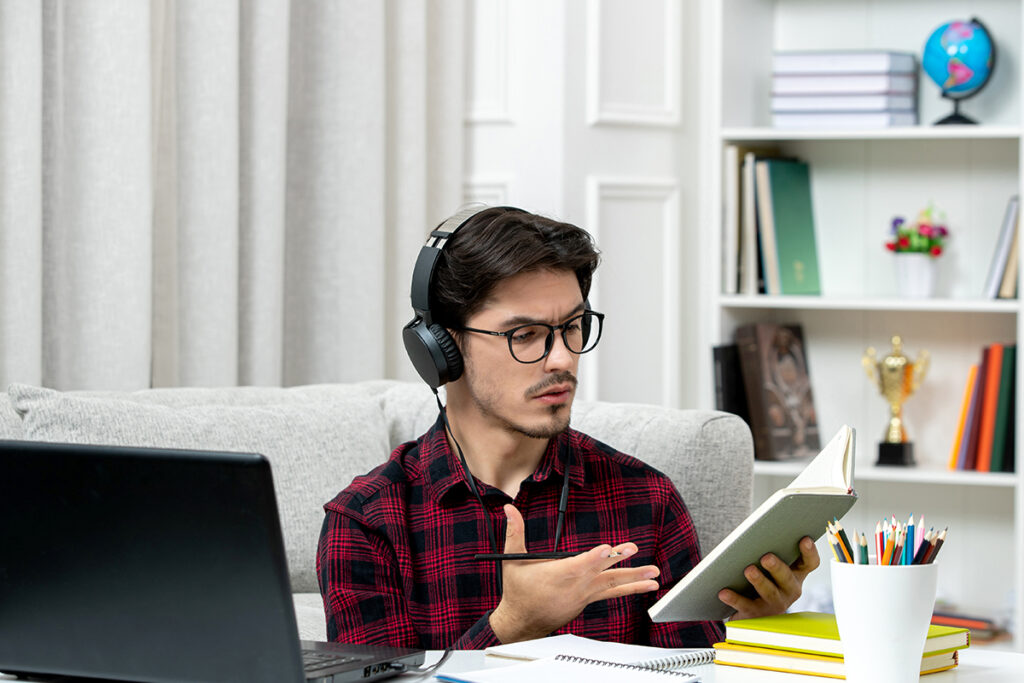In this article, we will explore OET Listening Tips to help you improve your comprehension, recognize key information, and boost your confidence for the OET Listening exam.

One of the key OET Listening Tips is to familiarize yourself with various areas of healthcare beyond your own specialty. While you may be well-versed in your field, the OET listening test includes conversations from multiple medical disciplines. To improve your comprehension, explore topics such as cardiology, oncology, ophthalmology, and nursing practices. Reading medical articles and listening to healthcare-related discussions can help you better understand different terminologies and contexts, enhancing your performance in the exam

Another crucial OET Listening Tip is to thoroughly understand the exam format. Knowing that you have time to review your answers after each section can help you manage your time effectively during the test. Familiarizing yourself with the test rules ensures that you stay focused on exam day. Additionally, reviewing OET regulations such as accepted identifications and special arrangements can help you avoid last-minute surprises and perform with confidence.

One of the most effective OET Listening Tips is to read the questions before the audio begins. The test provides a short time before each section to review the questions, which helps you anticipate the type of information you need to listen for. By using this time wisely, you can predict key details and focus on important keywords in the audio, improving your accuracy and overall performance.

Another crucial OET Listening Tip is to speak up if you cannot hear the audio properly. During the test setup, staff members will conduct an audio check for paper-based exams, while computer-based test-takers will perform their own checks. If you experience any issues, inform the test staff or remote proctor immediately instead of trying to fix it yourself. If you have a documented hearing issue, request special arrangements in advance by referring to the OET Test Regulations.

A key OET Listening Tip is to follow the audio as it progresses. The questions appear in the same order as the information in the recording, meaning the answer to the first question will come early, while the last question will be addressed near the end. If you get stuck on one question and fail to move forward, you risk missing multiple answers. Stay focused and transition smoothly from one question to the next to maximize your score.

A crucial OET Listening Tip is to familiarize yourself with commonly used medical abbreviations, such as BP (blood pressure) and A&E (accident and emergency). These abbreviations frequently appear in healthcare conversations between professionals. In Part A of the OET Listening Test, where note-taking is required, using abbreviations can help you save time, minimize spelling errors, and improve efficiency. Understanding these shortcuts will enhance both your listening comprehension and response accuracy.

An important OET Listening Tip is selecting the most suitable test format. OET is now available in three formats such as paper-based and computer-based (both taken at test venues) and OET at Home, a remotely proctored option. While all formats have the same structure and cost, the OET at Home version may include accessibility features beneficial for candidates with hearing difficulties. Stay updated on official OET announcements regarding this format. If you prefer practicing on a computer, you can join OET preparation course on REG Training Centre for hands-on experience.

One of the best OET Listening Tips is to regularly listen to health-related podcasts or YouTube videos. This helps improve your listening skills while exposing you to a variety of medical topics and terminology. The best part? Most of these resources are free! Subscribe to medical podcasts or YouTube channels on your phone and practice anytime, even during short breaks. Click here to know more.
Salmiya : REG IMMIGRATION AND EDUCATION
2nd Floor, Building No.44, Yusuf, Yousef Al Bader St, Salmiya.
Jaleeb Al Shuyoukh :
Building No. 146
Floor 2, Street 6,
Block 4, Near Subway,
Jaleeb Al-Shuyoukh
Mangaf : 1st floor Building number 90
Street number 25
Mangaf block 4
Near Green Asia supermarket
Copyright © 2025 REG EDUCATION AND IMMIGRATION. All rights reserved. Powered by Zeekoi Enterprise Solutions